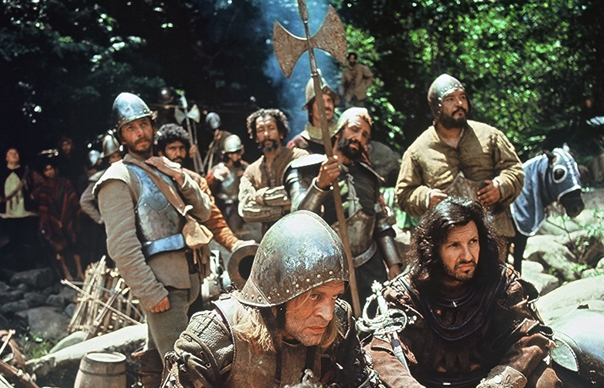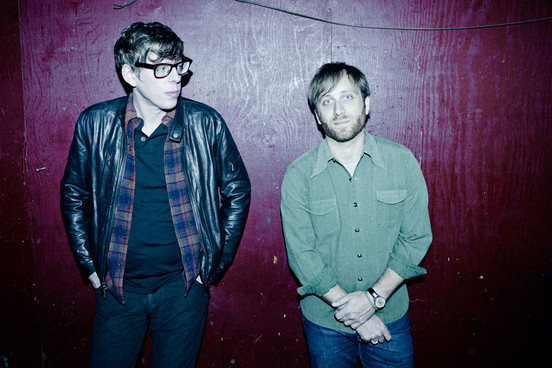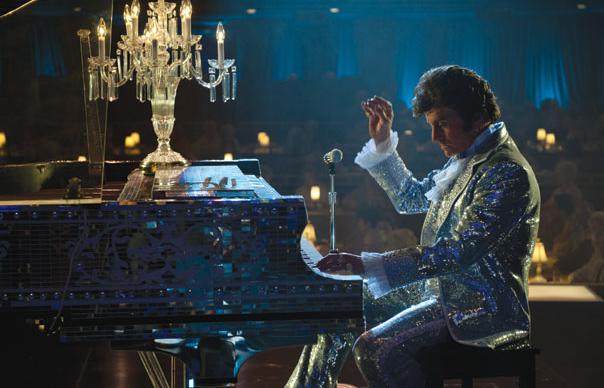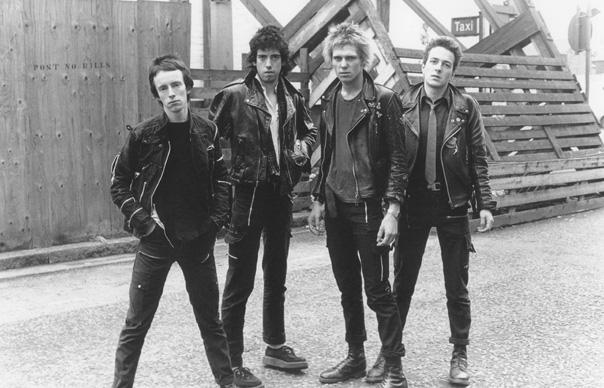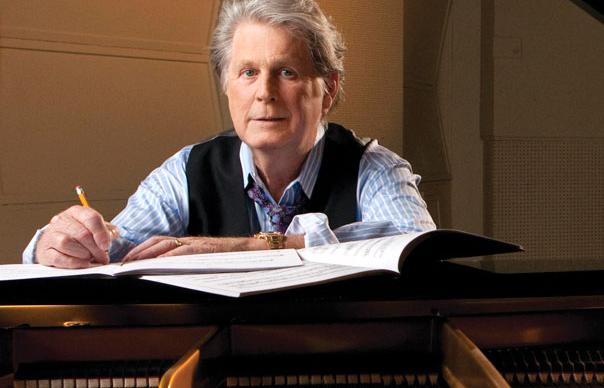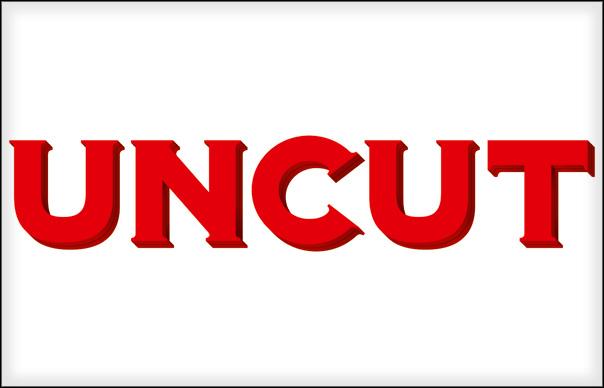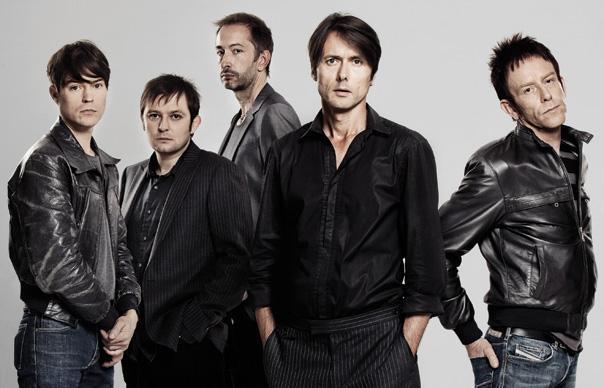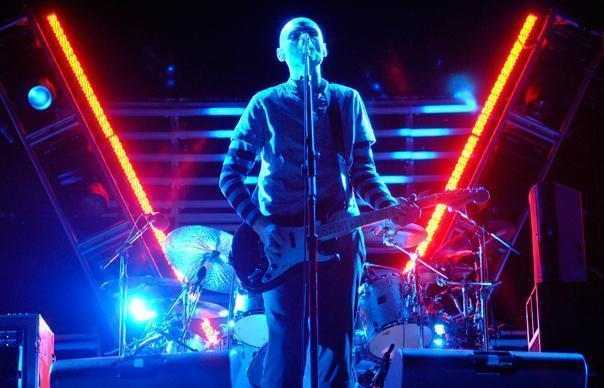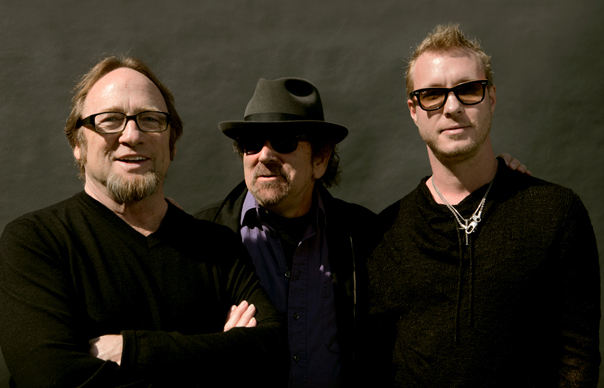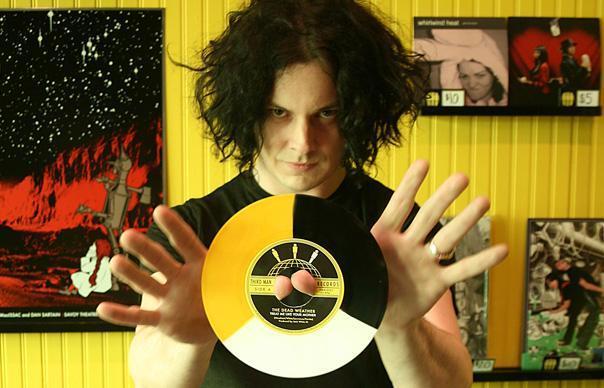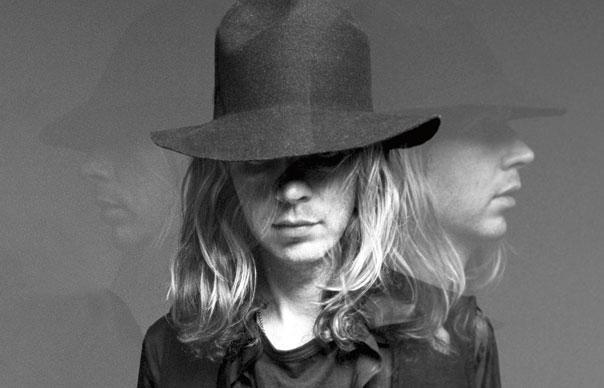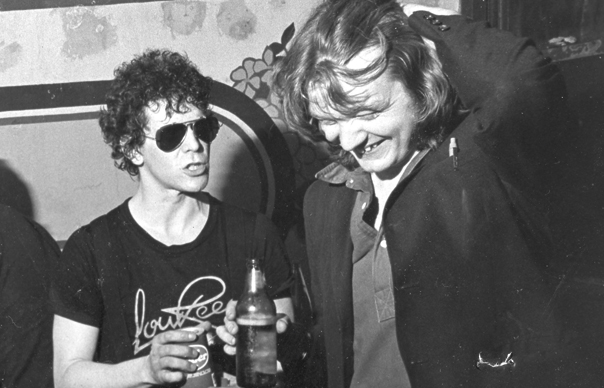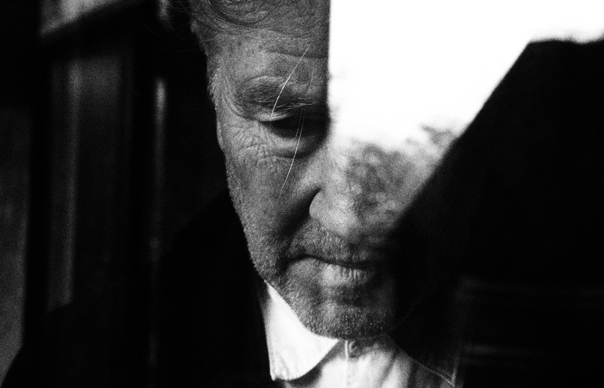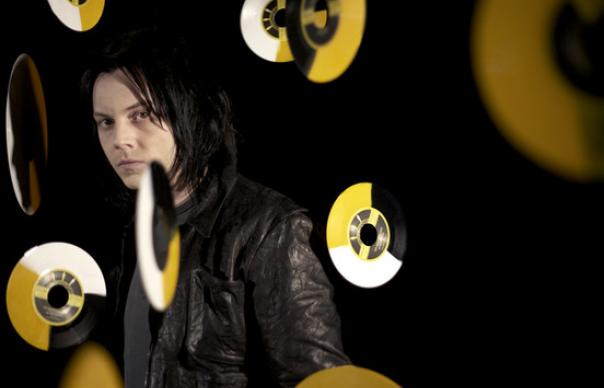Television and Heartbreakers legend Richard Hell’s autobiography, I Dreamed I Was A Very Clean Tramp, is reviewed by editor Allan Jones in the new issue of Uncut (dated July 2013 and out now) – in this piece from Uncut’s September 2009 issue (Take 148), Hell and his bandmates explain how they created “Blank Generation”, the nihilistic, coruscating punk anthem first written as a “My Generation” for the ’70s New York scene. Words: Damien Love
________________________
By the summer of 1976, Richard Hell had formed then quit arguably the two most exciting bands of the original CBGBs scene – Television and The Heartbreakers. If those bands personified first-wave punk’s extremes of brains and balls, Hell’s next unit neatly synthesised the two. The key was Robert Quine, a friend since they’d worked in a bookstore together, who “looked like a deranged insurance salesman”. Teaming Quine with Ivan Julian, a dreadlocked kid recently arrived from touring Europe with The Foundations (of “Build Me Up Buttercup” fame), The Voidoids’ wired two-guitar attack was as sophisticated as Television’s, but more driving and angular.
Based on “I Belong To The Beat Generation” – a novelty send-up of Kerouac and crew by Rod McKuen – Hell’s “Blank Generation” had been a staple of early Television and Heartbreakers sets. It appeared on The Voidoids’ debut three-track EP, co-produced by Hell and Ramones producer Craig Leon, and released on Stiff in the UK. A reworked version became the title track of their 1977 LP, produced by Richard Gottehrer, co-founder of Sire Records, and the man who wrote “My Boyfriend’s Back”.
Blank Generation surpassed all the expectations on Hell, but, following one unhappy tour of the UK supporting The Clash, The Voidoids soon came to a halt. Within months of the album’s release, Hell sued Sire to get out of his contract. He wouldn’t make another album until 1982’s Destiny Street. “There was a lot of friction with Sire,” says Julian. “Then Richard also had his drug problem, which eventually made things more difficult than they had to be.”
Still, the song stands as the definitive anthem of New York’s ’70s moment – even if the questions remains of what exactly the “blank generation” means, and who belongs to it.
“Y’know, when I get letters, people often say, ‘I’m blank, too,’” laughs Hell. “And I don’t know what they’re referring to. I don’t know whether people are deriving the same import, whether it corresponds to how I felt when I was writing it. If people are saying that song is about being numb… I dunno. You can be in a stunned state and express it as anger and pain.”
_____________________
Richard Hell, writer, vocals, bass: “Blank Generation” is the first song I wrote that didn’t have music by Tom Verlaine. But it was a transitional thing, because it was based on this “Beat Generation” single by Rod McKuen that Tom had. He collected obscure, kitschy singles. The chord changes on that McKuen thing, though, there’s a thousand songs with those changes.
Ivan Julian, guitar, backing vocals: Like, “Hit The Road Jack”. And not The Stray Cats’ “Stray Cat Strut”, which a thousand people have said.
Hell: The McKuen thing was an in-joke, a pretty obscure one. No-one figured that out for 10 years. But my sentiments and attitude were committed. Sometimes people refer to it as like lounge music, tongue-in-cheek. But it wasn’t a joke to me.
Craig Leon, producer: I always thought the New York thing in the ’70s was a continuation of the Beat thing of the ’40s and ’50s, so it was very cool for him to take a bad, mass-produced novelty song about the Beat Generation, and turn it around into a real anthemic thing. Richard was always a literary personality, someone who could paint the scene, similar to Kerouac in the ’50s.
Richard Gottehrer, record company owner: I first became aware of Richard through hanging out at CBGBs. Seymour Stein and I started Sire Records, and I’d left and formed Instant Records with Marty Thau, who’d managed the New York Dolls. Marty was into that CBGBs scene, told me about it. The one that stood out was Richard. Everyone looked to him.
Leon: All of us thought of him as the quintessential figure, the CBGBs mentality personified. A lot of his natural persona is what Malcolm McLaren carried back to become British punk. After Television and The Heartbreakers, people were keen to see what he was going to do. I don’t know how he hooked up with Bob Quine, but it was a really good move.
Hell: I wanted to play with Quine. I was ready to leave The Heartbreakers, and we’d become really good friends. I used to go over to his house and drink Martinis and listen to his records and talk, he had this spectacular record collection. Finally, he played me tapes of bands he’d been in years before, and his playing was everything I hoped it might be from knowing his tastes. He hadn’t been in bands for years. The guy was already in his early thirties, and he’d never had success, ’cos people would say, “You can’t be in my band – you’re bald.”
Julian: I’d just come over from Europe. When I walked in to audition, Richard was nodding out and burning his hair with cigarettes, Quine was there looking like Quine, and Marc [Bell, aka Marky Ramone] was there with two women who were both like eight feet tall and wearing ripped fishnet stockings. During the songs, these two girls would start pulling each other’s hair out, having knock-down, drag-out fights. And I thought: ‘Oh – this is New York.’
Leon: The Voidoids recorded the EP before anyone saw them live. I first saw them in rehearsal – very impressive. More advanced than Television, that free-form jamming. Quine was like an avant-garde jazzer. He added a degree of dementia, very introspective, closer to something like John Coltrane. He brought an element of New York that wasn’t punk, but became punk. And he looked like a university professor.
Hell: I knew a lot of people were going to be less interested because there was this old bald guy in the group. But that was a statement in itself: Grow Up. But the reason I wanted to play with Quine was simply that Quine was a fucking genius. But he did not get the respect from ordinary bands back then.
Julian: When I first walked into the rehearsal room, I’m thinking, ‘God, that guy really can’t play.’ Because Quine was doing such abstract things. That was my first impression of him: ‘What the fuck is this?’ Guitar-wise, we used The Yardbirds as a model. Two guitar players, you can’t tell who’s playing rhythm and lead, two parts interwoven.
Leon: “Blank Generation” we worked up in an old studio, Bell Sounds. We’d get in for $10 an hour, ’cos the guy looking after it at nights would let us in. Great studio, where Shadow Morton did The Shangri-Las. There was a negotiation going to get Instant affiliated with Stiff in the UK. Stiff was interested in getting the EP out because punk was coming up in Britain. So there was a sense of urgency. It was done in three days.
Hell: The EP… y’know, the only recording of “Blank Generation” I really take seriously is the one on the album.
Julian: I listened to the EP recently, and thought, ‘This doesn’t sound as bad as I recall.’ I was shocked. Y’know, it’s kind of better than the album version.
Hell: The EP’s like the caveman version. Crude. But, then, caveman art is beautiful. There’s a big distance between the EP and the LP version, but it’s mostly our playing, not the production. I really thought the producer had to be somebody who could just capture what we sounded like, no frills. Gottehrer was really appropriate, because that’s where he comes from, garage music.
Gottehrer: The rawness and roughness of the music, it was kind of basic, but we didn’t just burn through it. We did it with real attitude. Those sessions were very wired. That album, it would make me nervous to hear it, the aggression, this wired edge that never went away. It’s almost more a document of the time than a rock’n’roll record.
Julian: We recorded the album twice. First at Electric Lady. Then there was this delay, and Richard wasn’t happy with it, so we recorded the whole thing again at Plaza Sound. Sire was negotiating a distribution deal with Warners, and the delay caused friction between us and Seymour. We were like, “Ok, we’ve finished a record, we want it out, we wanna work, we wanna play – what’s going on?” It was months before the record came out. When we opened for The Clash in the UK, our first tour, the record came out the last day of the tour.
Hell: As far as “Blank Generation” having an impact – it was very delayed. That’s probably my fault, because I stopped playing right away. I mean, we sued Sire to get out of our contract. The band members hated Sire, Quine hated Gottehrer and Seymour Stein, and I felt fucked over by them. So we vanished. We didn’t tour. We refused. We just did gigs in New York that would pay the rent.
Gottehrer: Richard was the complete example of what that era was like. Blondie, Talking Heads, these people used punk to get in the door, then became something else. But Richard was that. He just had this attitude and artistic bent. He was respected for that, but he might have gotten passed over because of it. Because, in the end, the record companies wanted to do business. Richard may have been a little too early.
Hell: If you look at the Ramones – nobody was noticing them either back then. In terms of the larger culture, they were a joke. But they plugged away. “Blank Generation” might have had more presence if we’d continued. But it’s still gaining impact. Every year it penetrates deeper, arises more often.
Gottehrer: It never sold much, but its impact was far greater than sales. But, back then, I was sure it’d be a hit single. I was naive enough to believe the world was ready for that. It just was ahead of its time. Or perhaps not in any time – it just exists in its own space.
Hell: I try to evade the issue of what the song “means”. I tried to make it as subtle and complex as I could, and to paraphrase it is dumb. But since the ’70s one small statement I made has been repeated over and over. Always, people write: “Richard insists it’s not negative, it’s about the chance to reinvent yourself.” Well – that’s not true. I said something along those lines in one little interview with Lester Bangs, as he was coming down on me for being a nihilist. But it wasn’t the essence. Obviously, that whole song is about hopelessness: “I was saying let me out of here before I was even born!”
Julian: Eventually, the press started talking about it as being The New York Punk Anthem – but that didn’t happen until years later. But does it encapsulate what everyone was feeling? Yes.
Hell: I wanted to write a “generation” song, y’know “My Generation” for what people like me were feeling. Although, I knew it was unlikely that a lot of people were going to rally around the concept of… being nothing. But I did have this feeling I might… make a few friends?
________________________
FACTFILE
Written by: Richard Hell
Performers: Richard Hell (bass, lead vocals), Robert Quine (guitar, backing vocals), Ivan Julian (guitar, backing vocals), Marc Bell (aka Marky Ramone, drums)
Produced by: Craig Leon and Richard Hell (EP version), Richard Gottehrer (album version)
Recorded at: Bell Studios, New York (EP), Plaza Sound Studios, New York (album)
Released as a single: November 1976
Highest chart position: n/a
TIMELINE
1973: Hell writes “Blank Generation” while he and Television co-founder Tom Verlaine still call their band The Neon Boys.
March 1974: The Hell/Verlaine Television take up a residency at CBGBs.
March 1975: Hell quits Television. The following month he forms The Heartbreakers with Johnny Thunders. They record a demo of “Blank Generation” in January 1976.
April 1976: Hell leaves The Heartbreakers.
June 1976: Hell signs with Marty Thau and Richard Gottehrer’s production company, Instant Records. The Voidoids record their first EP, released November.
March 1977: The Voidoids record the Blank Generation LP.
June 1977: Frustrated when the LP’s release is delayed while the Sire label negotiates a new distribution deal, they re-record practically the entire album. It’s finally released November 1977.


